Review of Our Lady of Kibeho, by Immaculee Ilibagiza
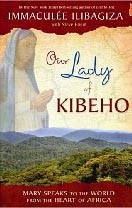 Our Lady of Kibeho
Our Lady of Kibeho
Mary Speaks to the World from the Heart of Africa
by Immaculee Ilibagiza
with Steve Erwin
Hay House, Carlsbad, California, 2008. 210 pages.
Starred Review
I was so deeply moved by Immaculee Ilibagiza’s other two books, Left to Tell and Led by Faith, I also snapped up this book, even though I am not Catholic and the miracles she tells about are definitely related to the Catholic faith.
But, as with her other books, this story is wonderfully moving and inspiring. She convinced me that God is doing great miracles in and through the Catholic church, and I praise His name for that! Her narrative gives glory to God and testifies to His power and His great love for His children.
In her Introduction, Immaculee explains what she’s setting out to do in this book:
At that time, as incredible as it sounds, the Virgin Mary and her son, Jesus, began appearing to a group of young people in the southern Rwandan village of Kibeho. The visionaries brought messages from heaven intended for the entire world to hear: messages of love, along with instructions on how to live better lives and care for each other and pray more effectively. But with those messages also came dire, apocalyptic warnings that hatred and a thirst for sin would lead Rwanda and the rest of the world into a dark abyss. The Virgin Mary’s prophecy of the 1994 genocide is one of the main reasons the Catholic Church has focused much attention on the apparitions in Kibeho.
In November 2001, the Church, in a rare move, officially approved the apparitions of the Virgin Mary seen by three schoolgirls: Alphonsine, Anathalie, and Marie-Claire. The girls were tested and examined rigorously by doctors, scientists, psychiatrists, and theologians. Yet no testing could explain the miraculous and supernatural events that occurred when the Blessed Mother appeared to the girls. The evidence of a true apparition was irrefutable, and the local bishop said that there was no doubt a miracle had occurred in Rwanda. Thus, the Vatican endorsed what’s known as “the Shrine of Our Lady of Sorrows,” which is the only approved apparition site in Africa….
I was actually among the earliest believers that Mary and Jesus had come to Rwanda….
My parents frequently traveled to Kibeho and told me details of their visits, and I’ve always had great love for the Virgin Mary. This, coupled with my fascination with the apparitions, drove me to find out as much as I could about them so that I could share my findings with you in these pages. I met with the bishops, priests, and doctors who studied the apparitions; I’ve become friends with several of the visionaries themselves; and I’ve repeatedly listened to the hundreds of hours of apparitions that Father Rwagema recorded. These are the sources I draw upon for this book. In other words, it’s not a history lesson, but rather my personal account of an authentic miracle unfolding and the profound effect it had on my country, my parents, and my faith.
The shrine for Our Lady in Kibeho has become a place of worship and prayer for hundreds of thousands of pilgrims from across Africa, many of whom claimed miraculous healings at the site, yet most of the world hasn’t even heard about this blessed place. It is my deepest hope that this small volume will help change that, and that Kibeho will become as well known as Fatima or Lourdes. The messages Jesus and Mary brought forth at Kibeho are of love — which today’s world so desperately needs to hear.
The result of Immaculee’s efforts is a book with a fascinating, powerful, and inspiring story. Read it yourself and draw your own conclusions!
Find this review on Sonderbooks at: www.sonderbooks.com/Nonfiction/our_lady_of_kibeho.html
Disclosure: I am an Amazon Affiliate, and will earn a small percentage if you order a book on Amazon after clicking through from my site.
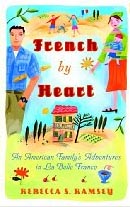 French by Heart
French by Heart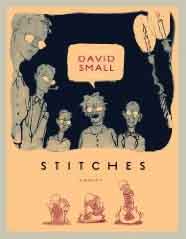 Stitches
Stitches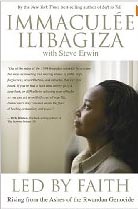 Led By Faith
Led By Faith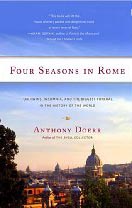 Four Seasons in Rome
Four Seasons in Rome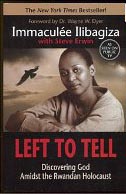 Left to Tell
Left to Tell Juicy Pens, Thirsty Paper
Juicy Pens, Thirsty Paper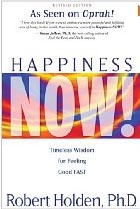 Happiness Now!
Happiness Now!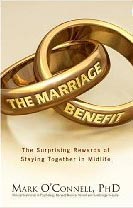 The Marriage Benefit
The Marriage Benefit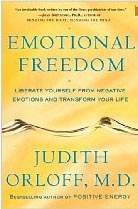 Emotional Freedom
Emotional Freedom